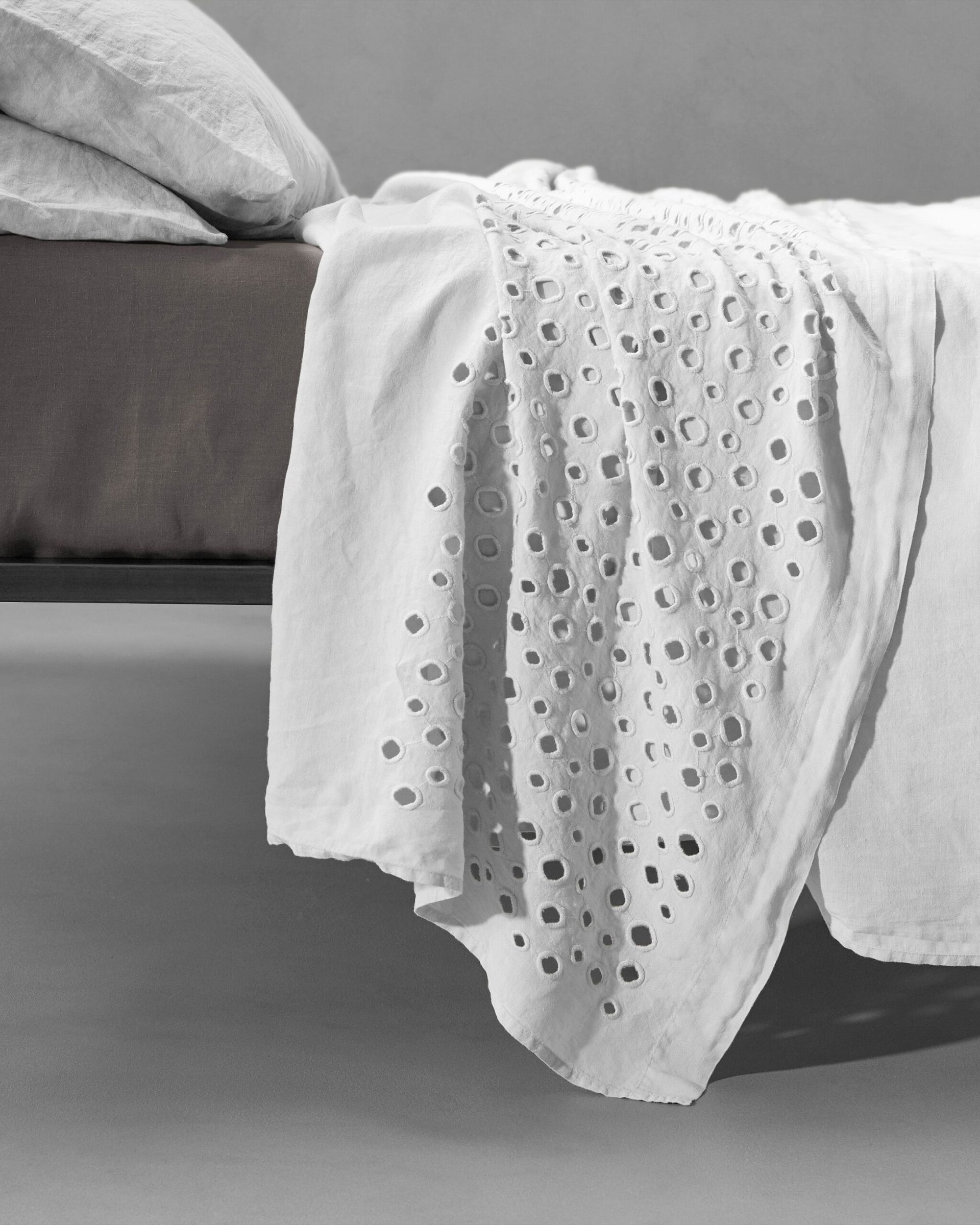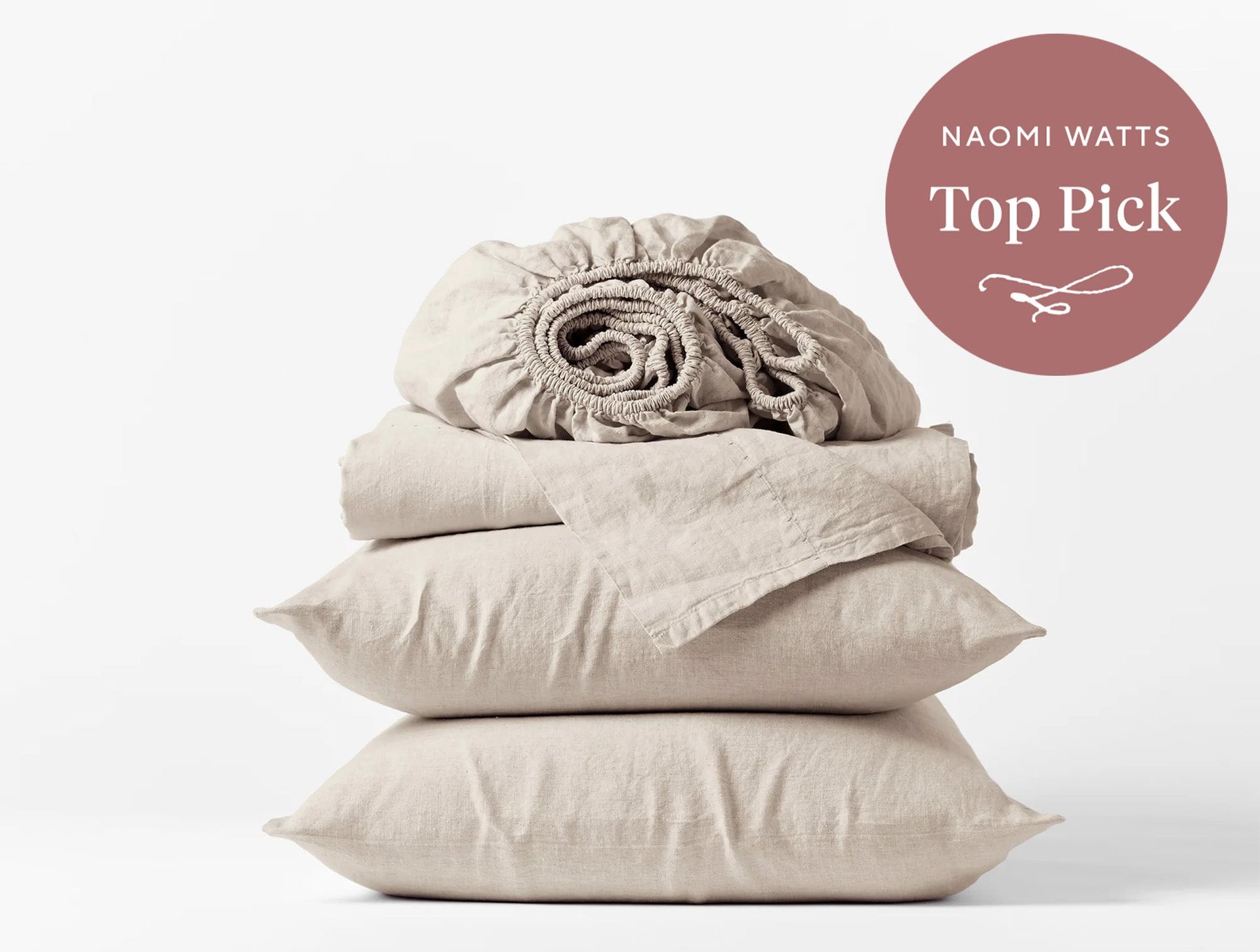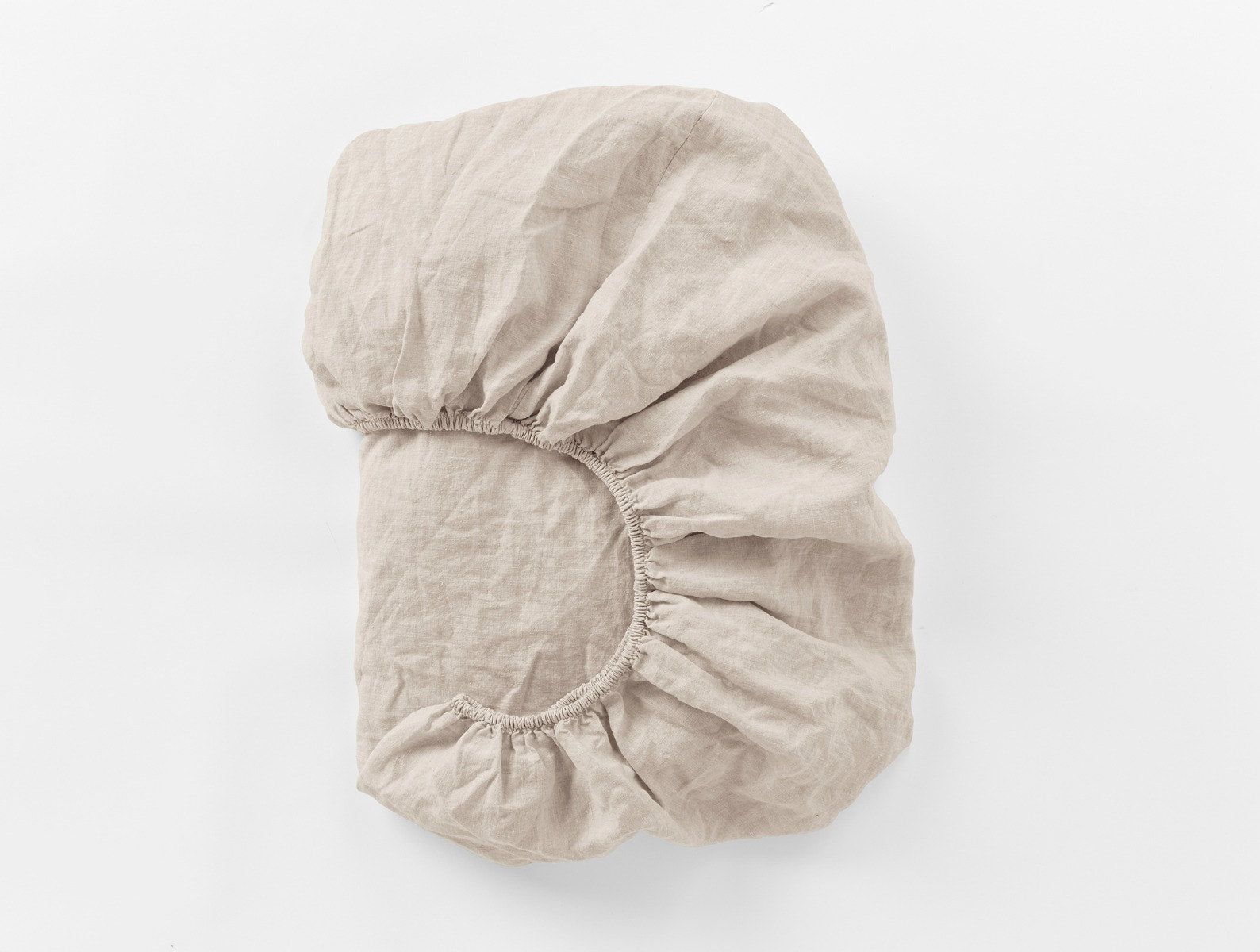The Art of Eastern Textile Weaving: Techniques and Traditions
Explore the intricate world of Eastern textile weaving, where age-old techniques meet cultural significance. This article delves into the various methods employed across different Eastern cultures, highlighting the artistry and craftsmanship involved in creating beautiful textiles.
A Tapestry of Cultures
The art of weaving in Eastern cultures is not just a craft; it is a storytelling medium that represents centuries of tradition. From the intricate patterns of Persian carpets to the delicate silk weaves of Chinese textiles, each technique has its own history and significance. The materials and methods vary from region to region, reflecting the diverse cultures that birthed them. This exploration of Eastern textiles reveals the deep-rooted connection between the fabric and the identity of the people who create it.
Noteworthy Techniques
Throughout history, various notable techniques have emerged across Eastern cultures, each reflecting the unique artistry and craftsmanship of its time. Here are three key individuals who have shaped the world of textile weaving through their innovative approaches:
1. Khosrow of Persia (7th Century)
Khosrow, a renowned Persian king, was an influential figure in the history of textile weaving. His reign saw the flourishing of silk production in Persia, particularly in the city of Ctesiphon. Khosrow's patronage of artisans led to the development of exquisite silk fabrics, known for their intricate designs and vibrant colors. These textiles became a symbol of luxury in ancient Persia, often used for royal garments and as gifts to foreign dignitaries. The patterns typically featured motifs inspired by nature, such as flowers and animals, embodying the essence of Persian artistry.
2. Wang Wei of China (8th Century)
In the Tang Dynasty, artist and poet Wang Wei contributed significantly to the art of silk weaving. His works emphasized the beauty of silk as a medium for artistic expression. Wang Wei's innovation in dyeing techniques allowed for a broader color palette, enabling weavers to create more vivid and complex designs. Silk textiles from this period often depicted pastoral scenes and landscapes, reflecting the harmonious relationship between nature and culture. His influence can still be felt today in the silk weaving practices of China, where traditional methods are preserved and celebrated.
3. Khatun Zainab of Uzbekistan (14th Century)
Khatun Zainab was a legendary figure in Central Asian textile arts, known for her extraordinary skills in creating ikat textiles. This technique, which involves resist-dyeing the threads before weaving, allows for striking, intricate patterns. Zainab's work was characterized by bold colors and geometric designs, often inspired by the natural landscapes of Uzbekistan. Her influence helped elevate ikat to a celebrated art form, and her legacy continues to inspire contemporary artisans who seek to revive traditional techniques while incorporating modern aesthetics.
The Importance of Material
Textile weaving in Eastern cultures is deeply intertwined with the materials used. Linen, silk, and cotton are prevalent, each offering distinct characteristics that influence the final product. For instance, silk is prized for its luster and softness, making it ideal for luxurious garments, while linen is celebrated for its breathability and durability. In contemporary contexts, products like the Libeco Madison Linen Sheets and Pillow Cases embody the essence of this tradition with their 100% pure linen construction.
Libeco Madison Linen Sheets and Pillow Cases
The Madison collection is crafted from 100% pure linen in a slightly denser fabric, offering a perfect blend of classic style and modern comfort. Its washed finish makes the pillow covers and sheets exceptionally soft and cozy, ensuring a restful night’s sleep. Available in appealing colors, this collection adds a touch of casual elegance to any bedroom.
Price: $91.00
View Product
Cultural Significance
Textiles are not merely functional items; they are vessels of cultural expression. The patterns, colors, and techniques used in Eastern weaving are often laden with meaning, reflecting societal values, beliefs, and histories. For instance, traditional motifs may symbolize prosperity, fertility, or protection, serving as talismans woven into the very fabric of daily life. As artisans continue to pass down their knowledge and skills to the next generation, the cultural significance of these textiles remains a vital aspect of their identity.
Preserving the Craft
In an age of mass production, the preservation of traditional weaving techniques is increasingly important. Many artisans are working diligently to keep these practices alive, often through community workshops, educational programs, and collaborations with contemporary designers. By combining ancient techniques with modern aesthetics, they not only honor their heritage but also ensure that the art of Eastern textile weaving continues to thrive in the future.
Conclusion
The rich tapestry of Eastern textile weaving is a testament to the artistry, heritage, and cultural significance embedded within each piece. From the meticulous techniques of historical figures like Khosrow, Wang Wei, and Khatun Zainab to contemporary creations like the Libeco Madison Linen Sheets, these textiles continue to tell stories that span generations. As we embrace the beauty of these fabrics, let us also celebrate the artisans and their unwavering commitment to preserving their craft for future generations.


